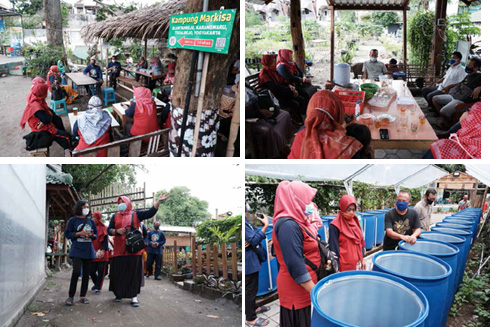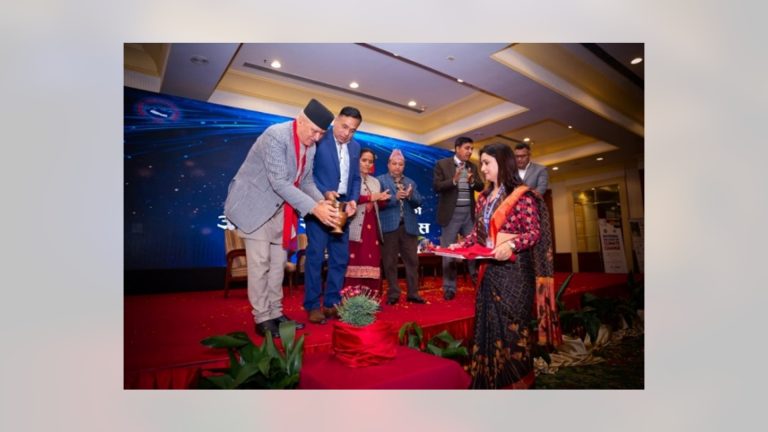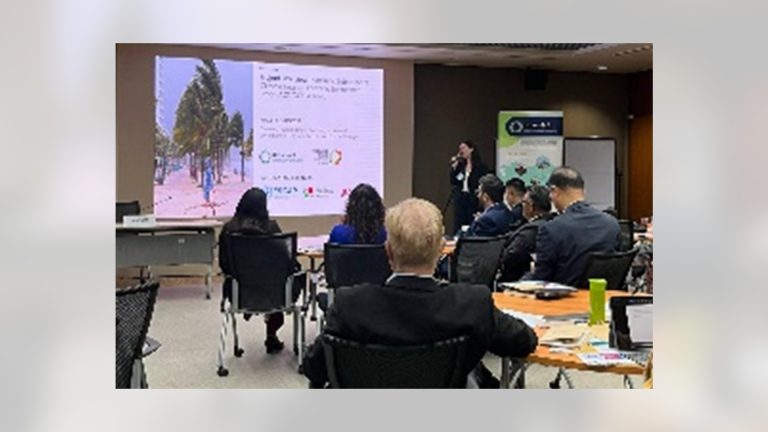COVID-19 pandemic has created a new disruption in the world. Physical distancing has become a requirement in our daily urban life. When people find difficulties to go to the market to fulfil their necessities, ensuring provision of daily needs becomes challenge.
Facing this, local government of Yogyakarta, an active member of UCLG ASPAC, has innovated and collaborated with community and business sector to transform traditional public space (public market) into a virtual version through market digitalisation. This effort has enabled traditional market sellers to continue selling and earning revenue. It has also resulted in the improvement of daily transactions of the traditional market goods (33%) which is in line with the Work Plan of Local Government of Yogyakarta for 2020.
UCLG ASPAC Commitment to Support
During the pandemic, UCLG ASPAC and local government of Yogyakarta have seen that many local farmers (mostly women) have found difficulties in selling their crops. It is not only because the social distancing has inhibited them, but also their web-based selling tool has not optimally been developed. Responding to this, UCLG ASPAC has collaborated with local government of Yogyakarta and expressed commitment to support the City through optimalisation of the web-based marketplace platform, which will be integrated into the city’s official website. The activity is supported by UN-Habitat as part of the Global Public Space Program.
In 2020, UCLG ASPAC has been able to initiate collaboration with the Community Group “Panen Apa Hari Ini” to engage several farmer groups for the awareness raising programme on digital platform. Having an agreement with stakeholders involved is also considered important to maintain sustainability of the programme after its completion. As part of the programme, UCLG ASPAC and Yogyakarta City will support the digitalisation of 2 (two) to 3 (three) farmer groups’ commodities for development of the online market platform to serve as best practices. After the completion of the programme, the stakeholders involved are willing to upscale it to other farmer groups.











